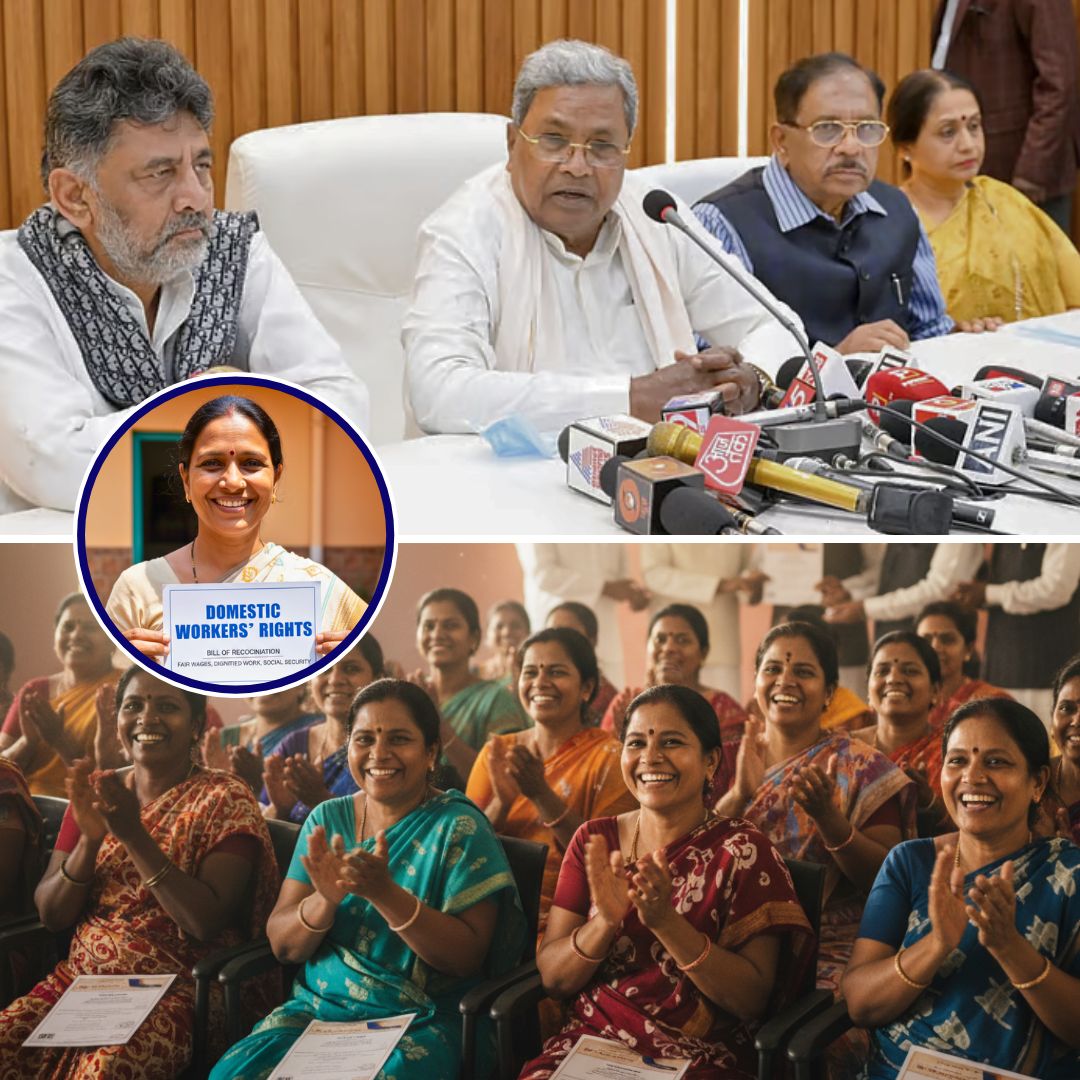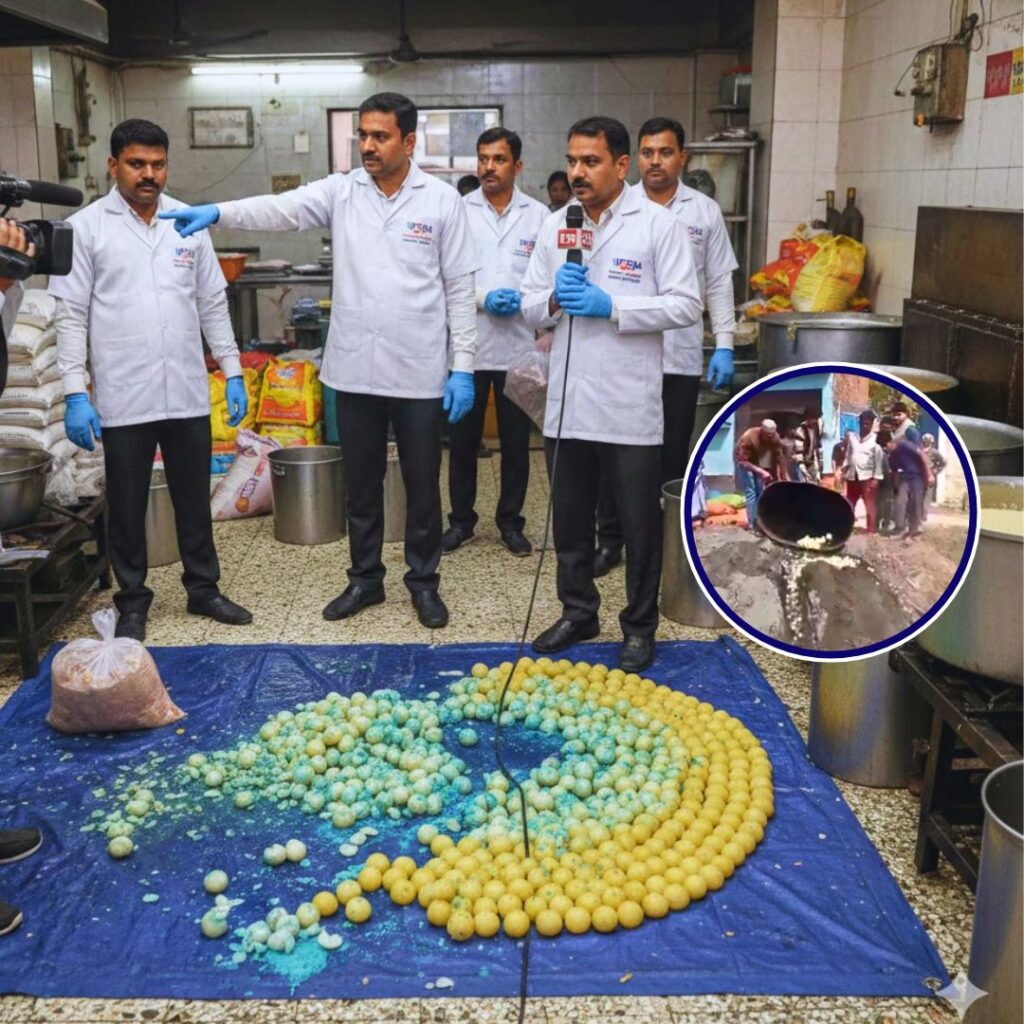Karnataka is on the verge of introducing its Domestic Workers (Social Security and Welfare) Bill, 2025, which promises to revolutionise the legal and social protections for domestic workers in urban areas. The draft bill aims to extend social security coverage, ensure minimum wage protection, and provide a comprehensive welfare framework for this largely informal workforce.
Domestic workers, including maids, cooks, drivers, nannies, and others, will be covered under this rights-based contributory framework that mandates registration of all domestic workers, employers, and employment service providers.
The bill proposes the creation of a Karnataka State Domestic Workers Social Security and Welfare Board that will oversee welfare schemes, grievance redressal, and implementation compliance.
Welfare Provisions and Regulatory Framework
The bill sets out detailed provisions to protect the rights of domestic workers, the majority of whom are women. It mandates compulsory registration of workers and employers within 30 days of hiring via a dedicated digital portal. Employers, agencies, and digital platforms employing domestic workers must contribute up to 5% of wages to a Social Security and Welfare Fund managed by the welfare board.
The composition of the board will be tripartite, including representatives from the government, domestic workers and unions, employers, service providers, and resident welfare associations. Registered domestic workers will be entitled to minimum wages, overtime pay, maternity benefits, weekly holidays, medical reimbursements, education support, and workplace injury compensation.
Employment without a written agreement specifying wages, work hours, and welfare fee contributions will be prohibited. Additionally, the bill prohibits forced labour, discrimination, exploitation, and abuse of workers.
Background and Growing Urgency for Reform
This legislation responds to long-standing demands from domestic workers’ unions and rights groups highlighting irregular or withheld wages, lack of social security, and exploitative conditions. Most domestic workers in Karnataka are from marginalised backgrounds, including migrants, working under informal or precarious arrangements without legal safeguards.
The bill aligns with the central government’s call following the Supreme Court’s directive to enact protective labour laws for domestic workers and parallels welfare initiatives by states like Tamil Nadu and Kerala. Karnataka’s approach builds on its recent efforts to protect gig workers and cultural activists through dedicated welfare legislation, introducing a tripartite governance model to enhance transparency and accountability.
Social activists and labour officials have emphasised the significance of this framework in empowering women, who constitute the bulk of the domestic workforce.
The Logical Indian’s Perspective
The proposed Domestic Workers Bill is a significant and overdue intervention that recognises the essential contributions of domestic workers who sustain urban households yet face invisibility within the legal framework. However, The Logical Indian believes that true empowerment for these workers requires not only strong laws but also vigilant enforcement, community participation, and awareness campaigns to ensure comprehensive coverage.
For enforcement mechanisms to succeed, all stakeholders-workers, employers, government, and civil society-must cooperate to foster dignity, fairness, and justice in working relationships. The bill’s focus on registration, fair wages, and welfare funds is commendable, but balancing employer responsibilities and workers’ rights will be critical.












